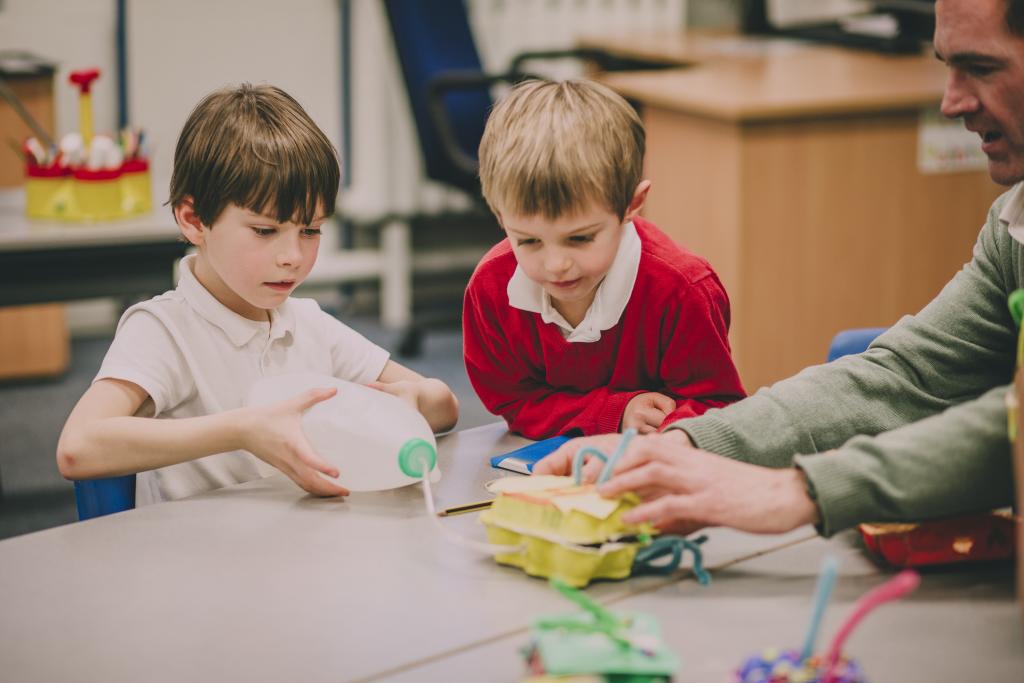
In this third article of the series which discusses the options available for separated parents to enable them to co-parent, I will be explaining about mediation and whether children should be involved within the mediation process.
Mediation is available for any separated couple to enable them to try to reach agreement in relation to their children together. In some cases, the children can be involved within the mediation process to enable their voices to be heard.
What is mediation?
Mediation is a process during which an independent professionally trained mediator, who is impartial, helps a separated couple to reach agreement between themselves.
Advantages
- It enables parties to reach a decision between themselves
- The decision has to be agreed and cannot be imposed
- Disputes can be resolved without needing to involve the Court so the process is quicker and cheaper
- It is often less stressful than Court proceedings
- A mediator is there to assist with the process and will not take sides
Disadvantages
- Mediators cannot give advice
- Any decision reached will not be legally binding
What is child inclusive mediation?
Child inclusive mediation involves the children within the mediation process. It gives children their own voice, the ability to inform parents about what they would want to happen and an opportunity to share their worries and concerns without the pressure of feeling responsible for making the decision or feeling that they have to take sides.
Child inclusive mediation will involve the mediator meeting the children separately, usually in the community. The meeting with the child is confidential and the child will tell the mediator what, if anything, they want to be shared with their parents regarding what they have discussed. This information can then be used by the parents to enable them to reach agreement.
What is the mediation process?
- Both parties will attend a separate meeting to see if mediation is appropriate in their case (called a MIAMS).
- If both parties are willing to mediate, a separate meeting is arranged for the parties to attend together.
- If child inclusive mediation is being considered, the mediator will meet with the children separately and feed back to the parents who can use this information to mediate further.
- During the mediation process, parties will usually be given the opportunity to obtain legal advice.
- At the end of the process, if agreement is reached, both parties will receive a document which sets out the agreement they have reached together.
In my experience, child inclusive mediation has assisted parents in making decisions for their children. Parents who are considering child inclusive mediation need to be able to respect the children’s wishes within the process to enable it to work. I always encourage parents to think about how they may react if they hear things from the children that they may not want to and whether they think they will be able to move forwards if their child says something that they do not think is best for them.
At Stephens Scown we have a team of specialist lawyers who can advise and assist during the mediation process. If you would like help and support please contact our specialist Children team who will be happy to help.
I have written other articles which discuss the options available for separated parents to enable them to co-parent:
